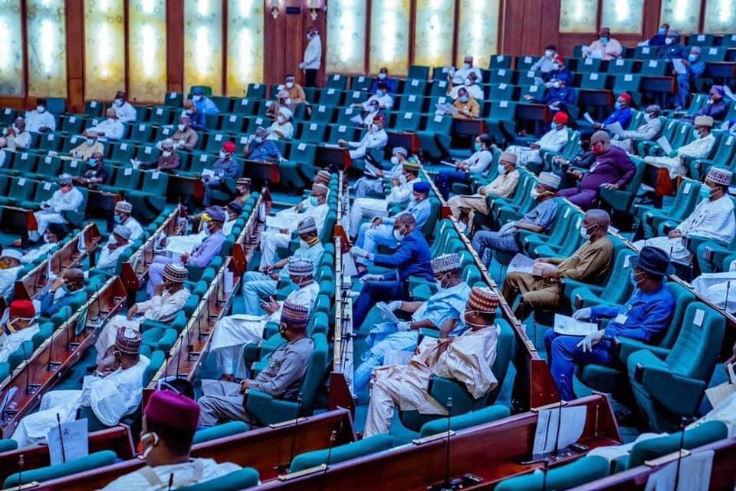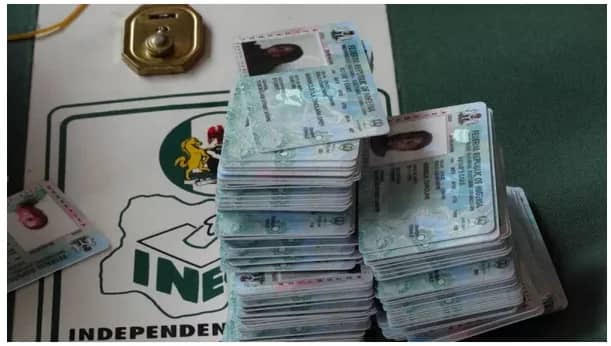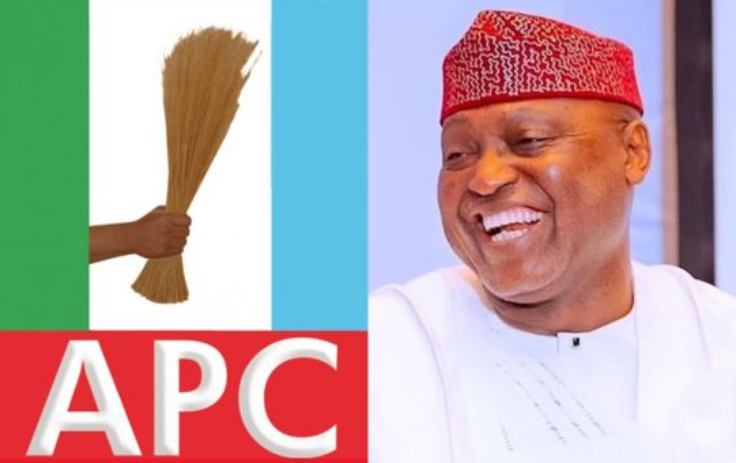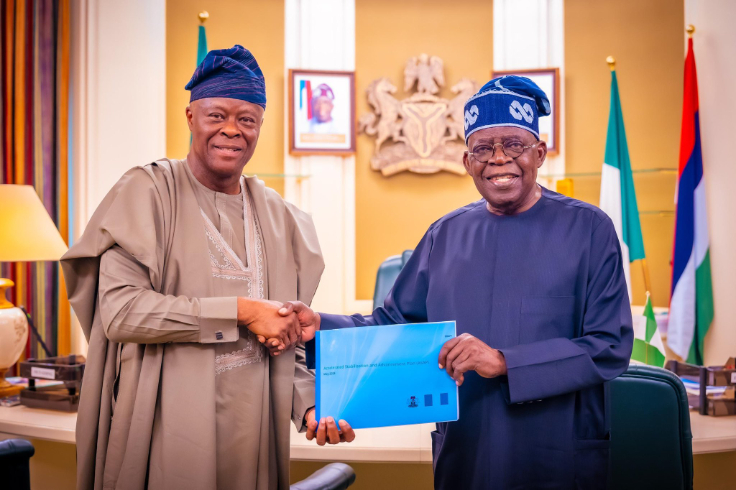
The House of Representatives has approved President Bola Tinubu’s request to the National Assembly, seeking approval to borrow $347m under the 2025–2026 borrowing plan for the Lagos-Calabar highway among others.
The Speaker of the House of Representatives, Tajudeen Abbas, read the President’s correspondence on the floor of the senate plenary.
The president said the loan became pertinent to rise in the funding needs for the Lagos-Calabar Coastal Highway project, whose cost increased by $47m, from $700m to $747m.
“It is, therefore, necessary to increase the value of the financing for the project by $47m to ensure it aligns with the loan size agreed in the finance documents for the project,” the President said in the letter.
He noted that $300m is needed for the Nigerian universal communications access project, a landmark telecommunications initiative aimed at bridging the digital divide through the deployment of 7,000 telecommunications towers across hard-to-reach rural dwellings.
Recall that in May, Tinubu sought the approval of the parliament to approve the 2025-2026 borrowing plan of $21.54bn, €2.19bn and ¥15bn, in addition to a €65m grant.
With the extra $47m for the Lagos-Calabar road project and $300 million for the universal communication access project, the initial $21.54bn has witnessed a marginal increase to $21.89bn.
The lawmaker noted that despite increased borrowing, Nigeria’s debt portfolio “remains sustainable.”
“At over N145tn, the debt-to-GDP ratio of about 50 per cent is within the international threshold (56 per cent). The current administration has succeeded in reducing the high debt service to revenue ratio from over 90 per cent to less than 70 per cent.
“The Federal Government’s capacity to service the new debt is bolstered by the anticipated revenue gains from the Nigerian Tax Act 2025, projected to grow by over 18 per cent year-on-year starting from 2026.”






